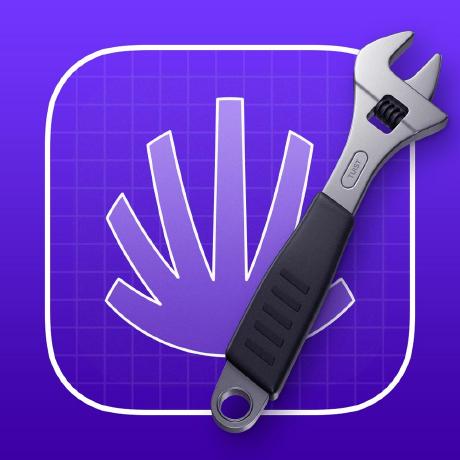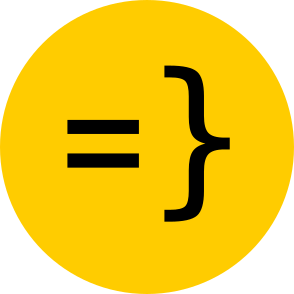Discover and explore top open-source AI tools and projects—updated daily.
crux by  redbadger
redbadger
Rust SDK for cross-platform app development with shared core logic
Top 18.7% on SourcePulse
Crux enables cross-platform application development by sharing a Rust-based business logic core across mobile (iOS/Android) and web targets. It targets developers seeking to maximize code reuse for application behavior while leveraging native or declarative UI frameworks like SwiftUI, Jetpack Compose, or React/Vue. This approach aims to reduce development time and improve consistency by centralizing complex logic in a single, testable Rust codebase.
How It Works
Crux employs an architecture inspired by Elm, strictly separating pure computational logic from side effects. The Rust core is compiled into platform-specific libraries (static library for iOS, dynamic library via JNI for Android, WebAssembly for web). Side effects, such as API calls or time-based operations, are managed by the core as explicit Effect requests, which are then executed by the platform-specific "Shell." This isolation makes the core side-effect-free, enabling fast, high-level user journey tests without needing mocks or stubs. Communication between the core and shell is message-based, with type generation ensuring static type checking across languages for events, models, and effects.
Quick Start & Requirements
- Install/Run: Follow the "Getting Started" guide for project setup.
- Prerequisites: Rust toolchain, platform-specific SDKs (iOS, Android, Web).
- Resources: Project setup involves compiling Rust code and integrating with platform UI projects.
- Links: Introductory Talk, Book, API Docs, Zulip Community
Highlighted Details
- Managed Effects: Side effects are captured as values, allowing for portable and testable core logic.
- Type Generation: Static type checking across Rust, Swift, Kotlin, and TypeScript for core interfaces.
- Elm Architecture: Utilizes
Event,Model,Effect, andViewModelcomponents with anupdatefunction for state management. - WebAssembly Target: Core logic can be compiled to Wasm, ensuring isolation and security.
Maintenance & Community
Crux is actively developed and sponsored by Red Badger Consulting Limited. A Zulip community channel is available for discussion.
Licensing & Compatibility
The project appears to be licensed under the MIT license, allowing for commercial use and integration with closed-source applications.
Limitations & Caveats
Crux is pre-1.0 and under active development, meaning occasional breaking API changes may occur. The Capability API is being deprecated in favor of a new Command API, indicating ongoing architectural evolution.
1 day ago
1 day

 Dimillian
Dimillian dnakov
dnakov Ivy-Interactive
Ivy-Interactive jaywcjlove
jaywcjlove LaurieWired
LaurieWired jina-ai
jina-ai razorpay
razorpay GetStream
GetStream get-convex
get-convex tuist
tuist llamastack
llamastack wasp-lang
wasp-lang